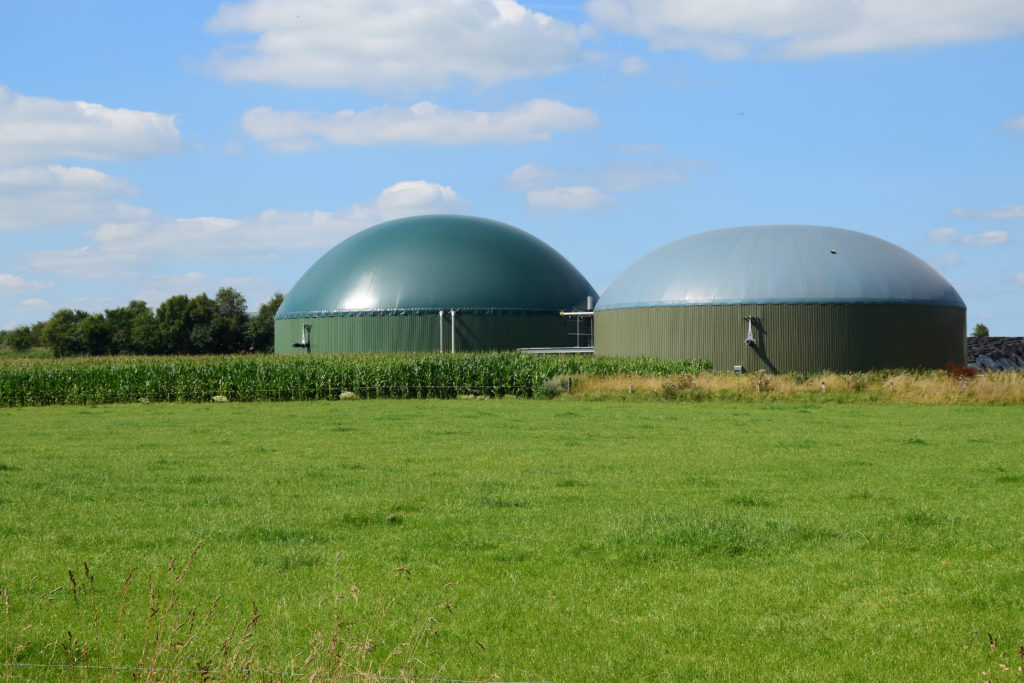Anaerobic digestion (AD) plant operators connected to the natural gas grid network should begin preparing for it to potentially be decommissioned by 2050, as the country progresses its net-zero goals.
James Richardson, chief economist at the National Infrastructure Commission (NIC), warned the sector at the Anaerobic Digestion and Bioresources Association (ADBA) conference on the 8 December,
Around a third of AD plants are currently connected to the gas grid. Those who produce biomethane and are near the network are able to sell it to the gas grid for use by the public.
However, Mr Richardson said that by 2050, this network in the UK is likely to be decommissioned unless it switches to hydrogen transport.
He explained: “In 2050, we are not going to need a natural gas network in the way that we have had.
“There may well be different uses for different sections of the network, but if the network is not going to be used for the distribution of hydrogen, it is probably going to be decommissioned”.
Mr Richardson acknowledged that this is going to be “quite a challenge” for those connected to the network and said it is worth thinking about how “we make sure there are choices down the line”.
Economic challenges
This raised a question from the audience about why the existing natural gas infrastructure couldn’t be used for the transportation of biogas, such as that from AD plants.
Mr Richardson reasoned that the gas grid is operated on a fixed cost basis, meaning that the cost of using is spread across all users. He added that there is not enough feedstock for AD for the existing grid to keep running at full capacity, warning that “economic challenges” will arise as a result.
However, it was argued from the audience that this move would effectively mean “closing down the AD market before scaling it”, especially as only a third of the existing plants are currently connected to the network.
When questioned on the timescales for making this decision, Mr Richardson answered that patterns of use are going to change gradually but due to the long-term nature of action, “issues might start arising quite soon”.
Mr Richardson concluded: “I’m not surprised the sector is not in favour but that doesn’t mean it’s not going to happen.”
Change to Strategy
Providing background, he touched on the national infrastructure strategy, which was published in 2018.
He outlined that there have been changes in the landscape since the publication of the strategy, with the next response to the national infrastructure assessment due next year and “halfway through the process”. Some of these changes included a revised decarbonisation target, which was originally set at 80% by 2050 as well as the need for more energy security, which was highlighted by the Ukraine crisis in February.
Mr Richardson also noted government targets of reaching net zero within the electricity system by 2035, with “about half” of heating system to be decarbonised by then, as well as eliminating “about two thirds” of industry emissions. “The pace of change is going to have to accelerate very dramatically,” Mr Richardson said.
It is this strategy which has “important implications” for the infrastructure of the UK.

